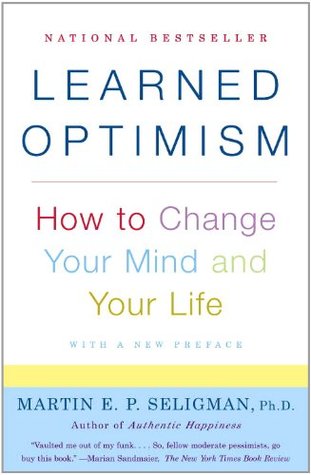More on this book
Community
Kindle Notes & Highlights
So put together the lack of belief that your relationship to God matters, the breakdown of your belief in the benevolent power of your country, and the breakdown of the family. Where can one now turn for identity, for purpose, and for hope? When we need spiritual furniture, we look around and see that all the comfortable leather sofas and stuffed chairs have been removed and all that’s left to sit on is a small, frail folding chair: the self.
Either growing individualism alone or a declining commons alone would increase vulnerability to depression. That the two have coincided in America’s recent history is, in my analysis, why we now have an epidemic of depression.
helplessness becomes hopelessness and escalates into full-blown depression when a person explains his failures with permanent, pervasive, and personal causes.
extreme individualism tends to maximize pessimistic explanatory style, prompting people to explain commonplace failures with permanent, pervasive, and personal causes.
failure is probably my fault—because who else is there but me? The
decline of the commons means that failure is permanent and pervasive. To the extent that larger, benevolent institutions (God, nation, family) no longer m...
This highlight has been truncated due to consecutive passage length restrictions.
The epidemic of depression stems from the much-noted rise in individualism and the decline in the commitment to the common good.
a society that exalts the individual to the extent ours now does will be riddled with depression.
And as it becomes apparent that individualism produces a tenfold increase in depression, individualism will become a less appealing creed to live by.
The larger the entity you can attach yourself to, the more meaning you can derive. To the extent that it is now difficult for young people to take seriously their relationship to God, to care about their duties to the country, or to be part of a large and abiding family, meaning in life will be very difficult to find. The self, to put it another way, is a very poor site for meaning.
inordinate preoccupation with itself, while gratifying in the short run, is bad for its well-being in the long run.
depression and meaninglessness follow from self-preoccupation.
diminish our preoccupation with our own comfort and discomfort. This would allow room for a new attachment to larger things.
The consequence of preoccupation with our own successes and failures and lack of serious commitment to the commons is increased depression, poor health, and lives without meaning.


